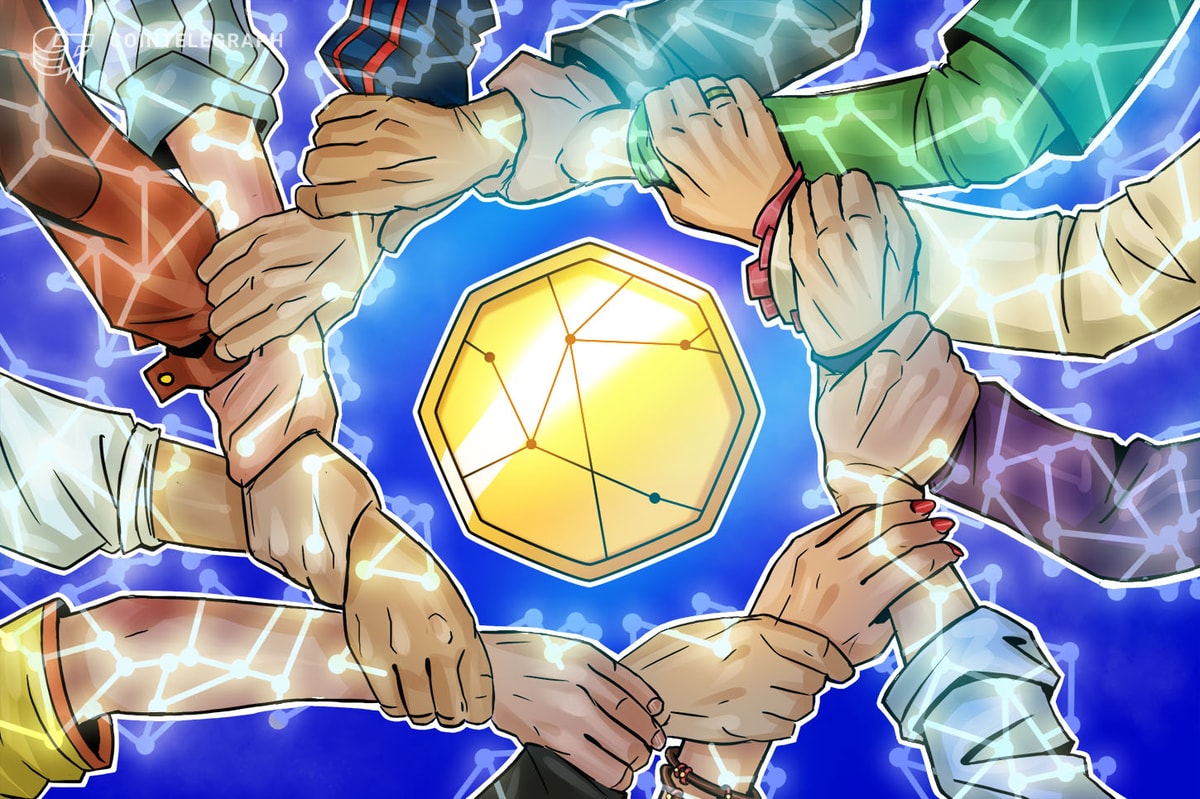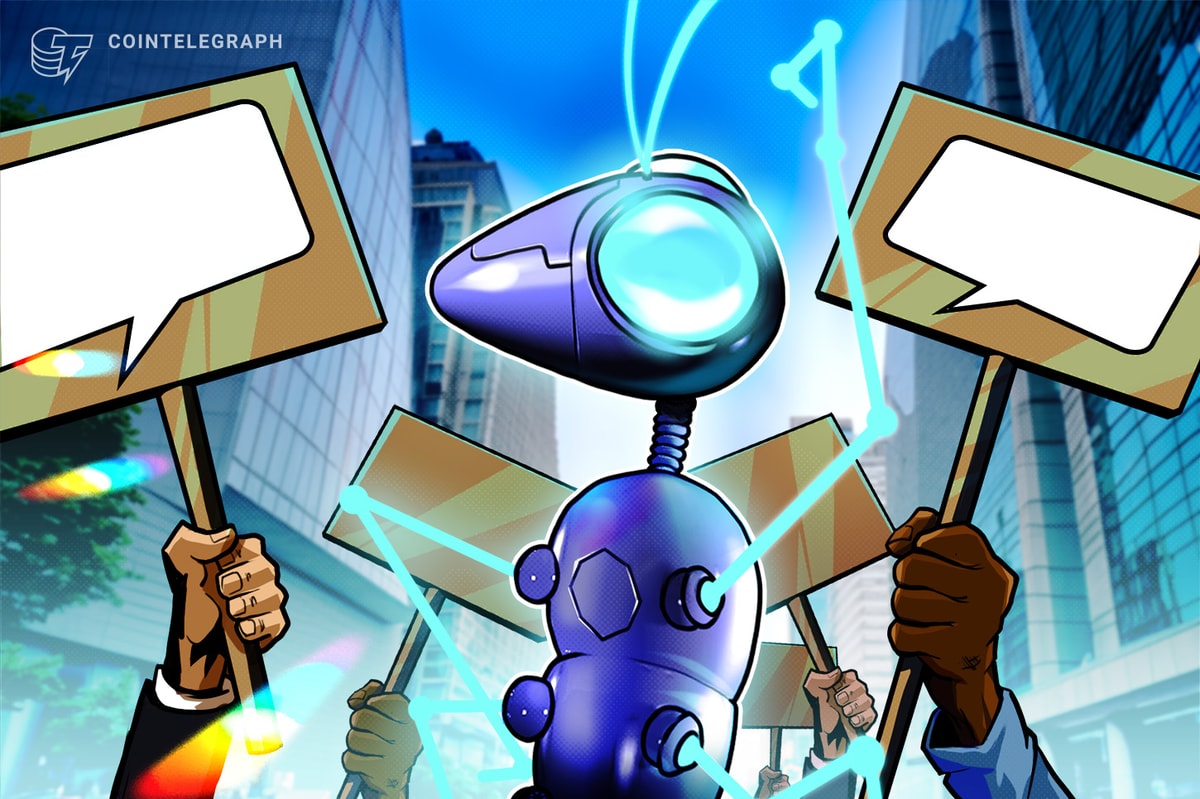
XRP & XRPL decentralization gets challenged, Ripple’s former and current top managers provide their points of view
Contents
A new controversy over the decentralization of XRP Ledger and the cryptocurrency that powers it, XRP, has emerged and continued over the past two days. Arguments for the doubters’ theses were presented by Ripple’s former Director of Development Matt Hamilton and the company’s current CTO David Schwartz.
Main points
Responding to the thesis that being a zero revenue generating blockchain, XRPL cannot offer validators earnings, which discourages independents from participating in the network. The lack of earnings generates a lack of independent validators, which poses the threat of XRPL being taken over by Ripple and affiliates, said a doubting user.
Hamilton agreed that the revenue of the blockchain is zero, which is what makes it decentralized as the interests of validators and users are aligned. As for taking over the network via subordinate validators, the company’s former chief developer stated that Ripple only controls its list of unique nodes (UNLs). If Ripple tried to “take over” other validators, however, the other nodes would simply exclude them from their UNLs.
The network is decentralised and Ripple only control *their* UNL. They don’t control my UNL. They don’t control your UNL.
It is decentralised.
It is a question that you fail to understand. Ripple can attempt what they want, but it would be futile. They know this.
— Matt Hamilton | #LabWeek22
(@HammerToe) November 25, 2022
David Schwartz responded to another argument regarding the amendments validators may try to bring to a vote. It was stated that if validators successfully vote for a change and the nodes do not agree, they simply separate from each other, i.e., a fork occurs. This question was on the subject of where more XRP can be created on one side by voting, and in the same way a vote to burn all the XRP held by Ripple can happen.
Ripple’s holdings in XRPL
As reported by U.Today, XRP Ledger Foundation removed two Ripple-controlled validators and added one in early October. At the moment, Ripple reportedly controls 2 out of 35 validators, or less than 6% of all capacity. Meanwhile, the company holds 44 billion XRP in escrow accounts.
Read More: u.today









 Bitcoin
Bitcoin  Ethereum
Ethereum  Tether
Tether  XRP
XRP  Solana
Solana  USDC
USDC  Dogecoin
Dogecoin  Cardano
Cardano  TRON
TRON  Lido Staked Ether
Lido Staked Ether  Wrapped Bitcoin
Wrapped Bitcoin  Sui
Sui  Chainlink
Chainlink  Avalanche
Avalanche  Stellar
Stellar  LEO Token
LEO Token  Toncoin
Toncoin  USDS
USDS  Shiba Inu
Shiba Inu  Hedera
Hedera  Wrapped stETH
Wrapped stETH  Bitcoin Cash
Bitcoin Cash  Hyperliquid
Hyperliquid  Litecoin
Litecoin  Polkadot
Polkadot  WETH
WETH  Binance Bridged USDT (BNB Smart Chain)
Binance Bridged USDT (BNB Smart Chain)  Bitget Token
Bitget Token  Monero
Monero  Ethena USDe
Ethena USDe  WhiteBIT Coin
WhiteBIT Coin  Pi Network
Pi Network  Wrapped eETH
Wrapped eETH  Coinbase Wrapped BTC
Coinbase Wrapped BTC  Pepe
Pepe  Aptos
Aptos  Dai
Dai  Bittensor
Bittensor  sUSDS
sUSDS  Uniswap
Uniswap  OKB
OKB  NEAR Protocol
NEAR Protocol  BlackRock USD Institutional Digital Liquidity Fund
BlackRock USD Institutional Digital Liquidity Fund  Ondo
Ondo  Gate
Gate  Aave
Aave  Internet Computer
Internet Computer  Official Trump
Official Trump  Ethereum Classic
Ethereum Classic